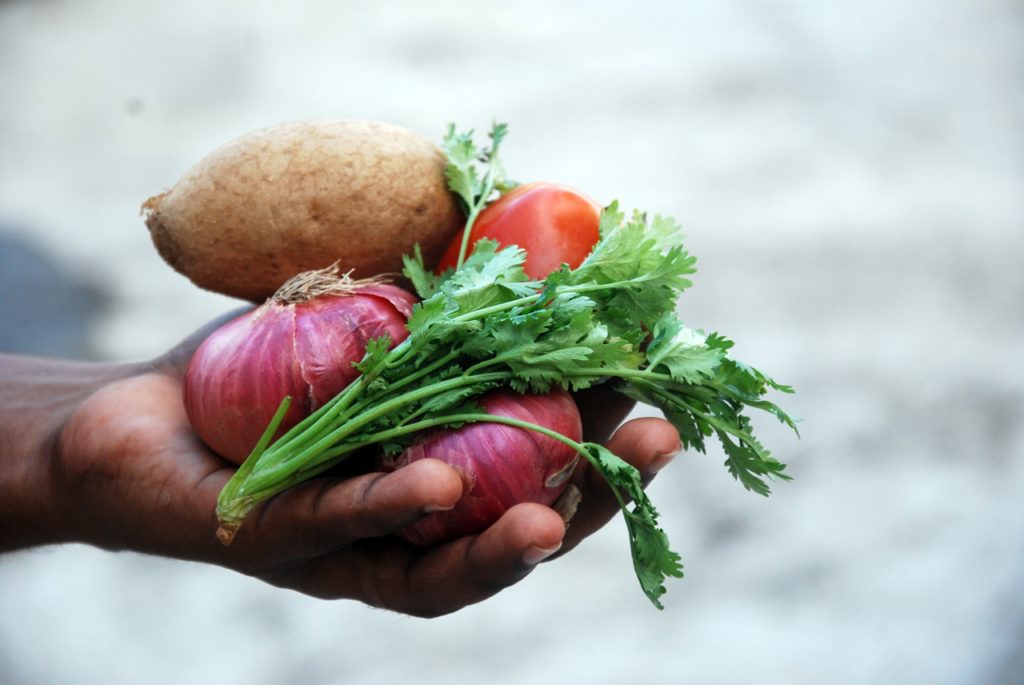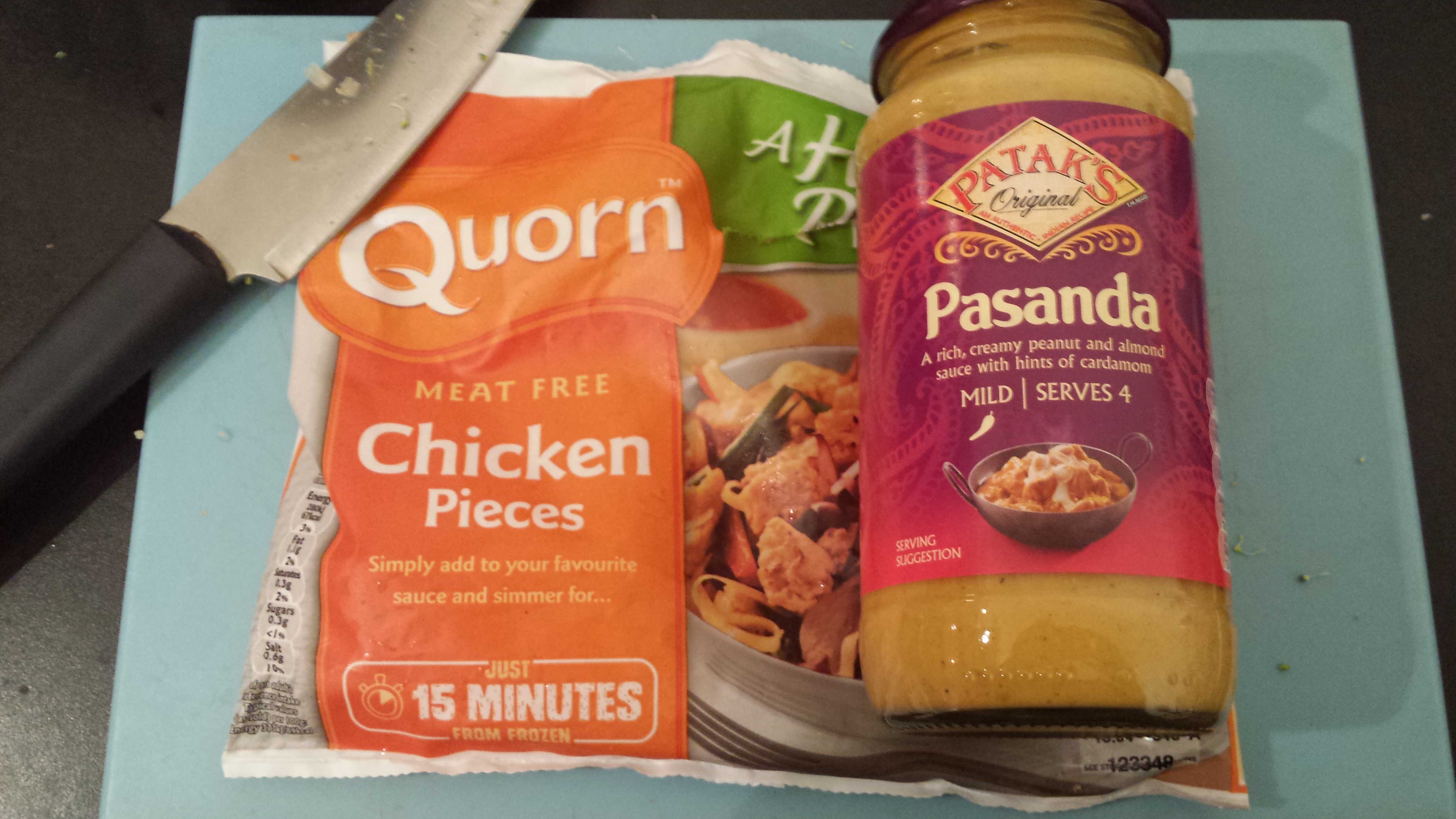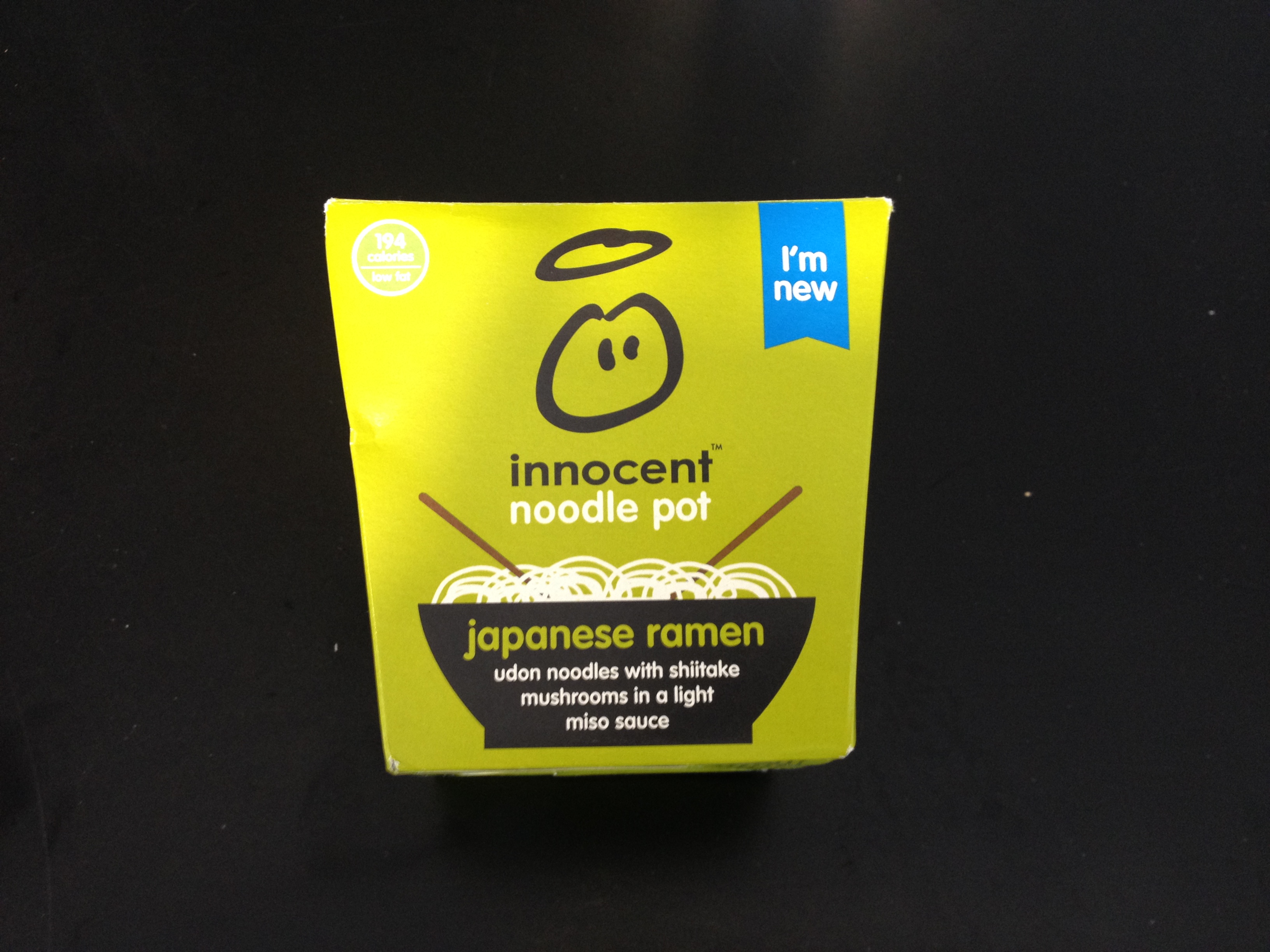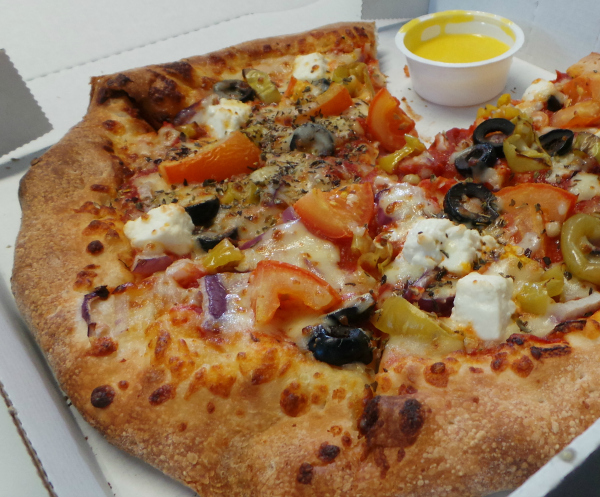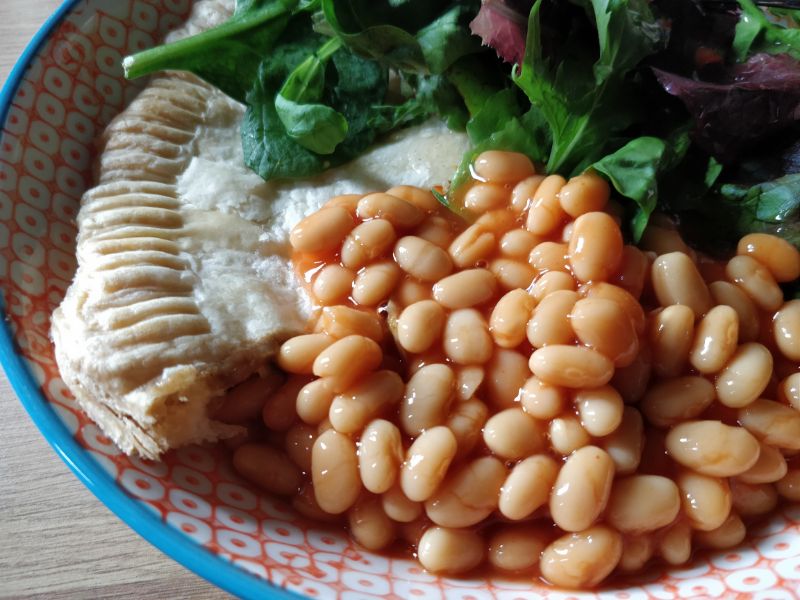Are superfoods really super?
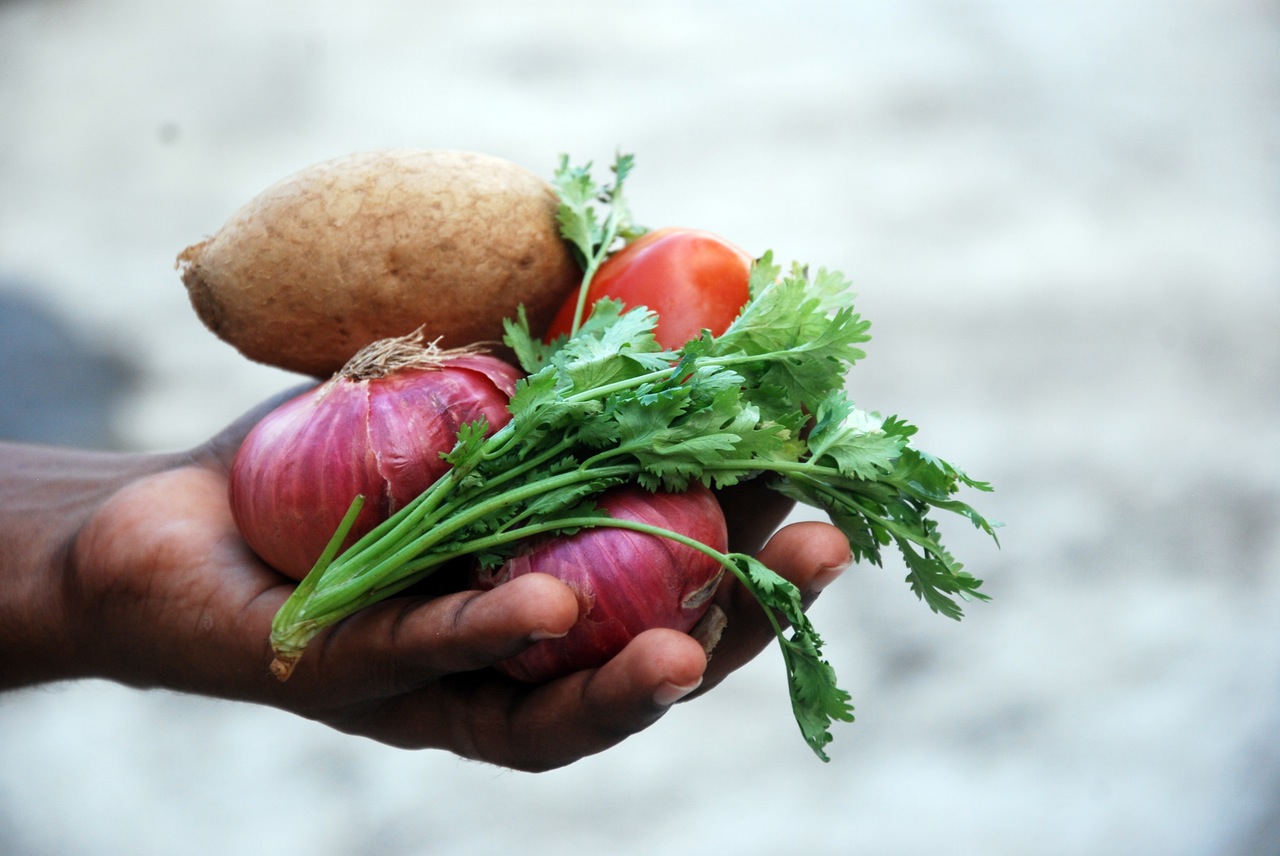
‘Superfood’ is a marketing term for food which contains higher concentrations of nutrients and greater health benefits compared to other foods. But are superfoods really that super?
It’s always worth getting a health check if you are concerned about your diet, however, if you want to learn more about foods you should include most days as part of a balanced diet then check out the guide below:
Berries
The purple and dark red berries are the most powerful packed with antioxidants which strengthen the immune system warding off many diseases. Blueberries, goji berries, strawberries and raspberries all contain more vitamin C than you find in oranges. Goji berries have more beta-carotene (for eye health) than carrots. Berries have been linked to lowering risk of heart disease and cancer, improving memory and eyesight. We love adding them to breakfast cereals, natural yoghurt or as part of a smoothie.
Sulphur rich foods
Vegetables such as broccoli, cauliflower, asparagus, and kale contain lots of glutathione which is the main antioxidant (the other antioxidants don’t work without this one) to detoxifying the body. Most serious chronic diseases are associated with low levels of glutathione according to Dr David Katz and Yale University’s Prevention Research Centre.
Oats
Oats provides a great slow release of energy and source of soluble fibre which is great for lowering cholesterol. Oats are also high in glutamine for assisting with the repair of the digestive system, and they are a good source of B vitamins to support the nervous system. Oats are perfect for breakfast (porridge, low sugar muesli/granola), or added to smoothies to make a thicker consistency.
Nuts & seeds
Chia seeds have recently come into fashion, just 1 tablespoon provides more calcium than a glass of milk, more omega 3 than salmon and more antioxidants than blueberries. Almonds, brazil nuts, walnuts, sunflower seeds, flax seeds, and pumpkin seeds are all good sources of calcium and omega 3 making them helpful for maintaining bone and the anti-inflammatory action of omega 3 helpful for joint health. Scientific research identifies walnuts as lowering total and LDL cholesterol. Flaxseed is a great alternative to fish for vegetarians wanting to boost their omega 3.
Oily fish
One of the best sources of omega 3 helping to increase HDL cholesterol and lower total cholesterol generally. As one of nature’s best anti-inflammatories, omega 3 is also helpful for joint aches, mild depression and many skin conditions. The best sources of omega 3 are deep sea oily fish (mackerel, sardines, kipper) and ideally we should try to eat fish two to three times a week. For a quick simple snack mash sardines (tinned are OK and they are filleted) on toast – tastes just like tuna on toast!
Alliums
This group of vegetables are widely used in most diets and include; garlic, onions and leeks. As a pre-biotic, they feed the good bacteria in the digestive system helping to maintain immunity. They also help the liver to produce glutathione which is our most powerful antioxidant, and they contain quercetin which research identifies is a powerful antioxidant with anti-cancer activity. The allium family of vegetables are important to assist the liver in detoxification and they also help to reduce fungal infections (thrush, athletes foot). Onions and leeks can be added to soups or stews and garlic should be crushed to activate allicin (its active property) and added to food just prior to serving – cooking reduces its beneficial properties.
Drinks
Red wine contains resveratrol which is one of the powerful antioxidants (found in the seeds and skins of grapes). Green tea is high in polyphenols which have an antioxidant effect on cancer cells, whilst apple juice contains malic acid which increases stomach acidity and can assist in breaking down fats. Also consider starting your day with a mini detox – before you eat or drink anything each morning try a cup of lemon and hot water which improves gallbladder and liver function and assists in breaking down fats.
Marketing has become an issue for superfoods – promises of better health, making you younger and stronger etc.. however although the science-based research stacks up, superfoods are not a ‘quick fix’.
The problem is although these foods do contain high amounts of nutrients you need to consume a reasonable amount and as part of a balanced diet – they won’t be the answer to a longer healthier life if eaten in isolation with a diet low in nutrients, and they certainly don’t guarantee to protect you from illnesses such as heart disease and cancer. Superfoods aren’t the only foods which contain essential nutrients.
